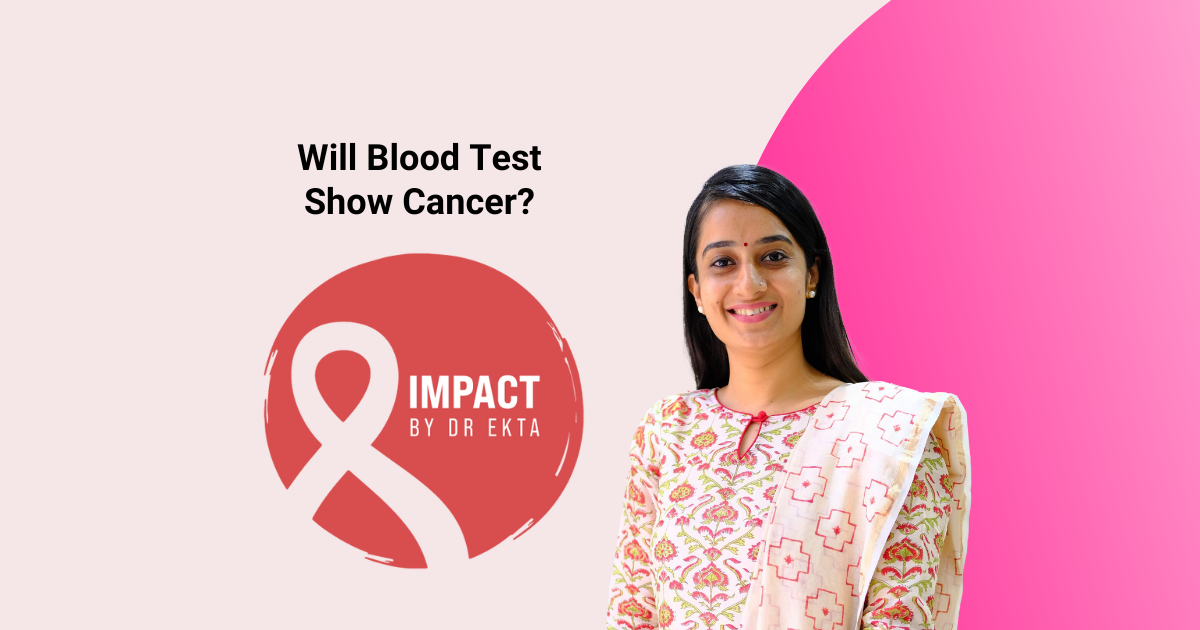Sometimes you may wonder, Will a blood test show cancer? The answer isn’t simple. Blood tests can offer clues that help with early detection, diagnosis, and treatment planning but few cancers can be definitively identified by a routine blood test alone. In this blog, we’ll explore how blood work contributes to cancer care, what it can and can’t do, and how to interpret results wisely.
How Blood Tests Support Cancer Detection
- Initial evaluation: If you have symptoms like fatigue, weight loss, or unexplained bruising, doctors often start with routine blood panels to search for underlying issues.
- Organ function check: Tests like liver enzymes and kidney function are crucial, particularly before starting any cancer treatment.
- Blood cancer indicators: Abnormal counts in white blood cells, red cells, or platelets can suggest leukemia or lymphoma.
These tests don’t diagnose cancer, but they can hint at conditions that need deeper investigation.
What Tumor Markers Do
- Tumor markers are specific proteins or substances produced by cancer cells or the body in response to cancer.
- Examples include CA-125 (ovarian cancer), PSA (prostate cancer), CEA (colon and other cancers), and AFP (liver/testicular cancers).
- Doctors use these markers to monitor treatment, check for recurrence, or support diagnosis when cancer is already suspected—but not alone as diagnostic proof.
Limitations of Blood Tests
- Not definitive: Many benign conditions can elevate tumor markers. For example, PSA can rise with infection, and CA-125 can be high in endometriosis.
- Not all cancers shed markers: Early-stage or certain tumor types may not produce detectable marker levels.
- False readings occur: A high marker level needs follow-up tests; imaging or biopsy is often required.
Blood tests are helpful tools, not standalone answers.
Emerging Technology: Liquid Biopsies & Multi-Cancer Tests
- Liquid biopsies detect tumor DNA fragments (ctDNA) in the blood and may one day allow earlier cancer detection.
- Multi-cancer early detection tests (MCED) are being trialed to screen for multiple cancers at once using advanced blood panels.
- While promising, these are not yet standard, and more research is needed to refine their accuracy.
When a Blood Test Might Indicate Cancer
If your results show:
- Rising tumor marker levels in the context of symptoms or imaging findings
- Abnormal blood cell counts suggesting leukemia or lymphoma
- Organ dysfunction out of proportion to known conditions
- Increasing ctDNA levels in monitoring of known cancer
…then additional tests (imaging, biopsy) are usually ordered to confirm or rule out cancer.
What to Do if Results Are Abnormal
- Stay calm—many conditions can mimic cancer signals.
- Repeat tests or request additional markers if needed.
- Follow with imaging like ultrasound, CT, or MRI.
- Biopsy may be necessary for a definitive diagnosis.
- Manage expectations—some conditions require monitoring rather than immediate treatment.
FAQ: Your Questions Answered
Q: Can routine blood work detect cancer early?
A: Generally no but it can raise suspicion that leads to targeted tests.
Q: Should I request tumor marker tests?
A: Only if you’re experiencing symptoms, have a history, or a provider recommends it—not as generic screening.
Q: Are liquid biopsies replacing other tests?
A: Not yet. They’re evolving tools, not replacements for scans or biopsies.
Q: What if my blood tests look normal, but I have symptoms?
A: Always discuss ongoing symptoms with your doctor—normal tests don’t rule everything out.
Monitoring and Early Detection Strategies
- Stay current with recommended screenings: mammograms, Pap smears, colonoscopies
- Report persistent symptoms even if blood tests are unremarkable
- If you’re a cancer survivor, discuss the role of tumor markers in your follow-up plan
- Ask about clinical trials focusing on advanced detection methods
Final Thoughts
So, will blood test show cancer? Sometimes, especially with blood cancers or advanced disease—but no single blood test confirms cancer on its own. Blood work is one important part of a broader diagnostic and monitoring process. If you’re curious or concerned, talk to oncologist. They can help interpret results, recommend next steps, and ensure you receive the most effective care.

